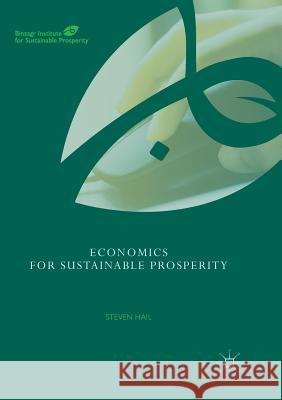Economics for Sustainable Prosperity » książka
topmenu
Economics for Sustainable Prosperity
ISBN-13: 9783030081485 / Angielski / Miękka / 2019 / 289 str.
Kategorie:
Kategorie BISAC:
Wydawca:
Palgrave MacMillan
Seria wydawnicza:
Język:
Angielski
ISBN-13:
9783030081485
Rok wydania:
2019
Wydanie:
Softcover Repri
Numer serii:
000802521
Ilość stron:
289
Waga:
0.36 kg
Wymiary:
21.01 x 14.81 x 1.63
Oprawa:
Miękka
Wolumenów:
01
Dodatkowe informacje:
Wydanie ilustrowane











